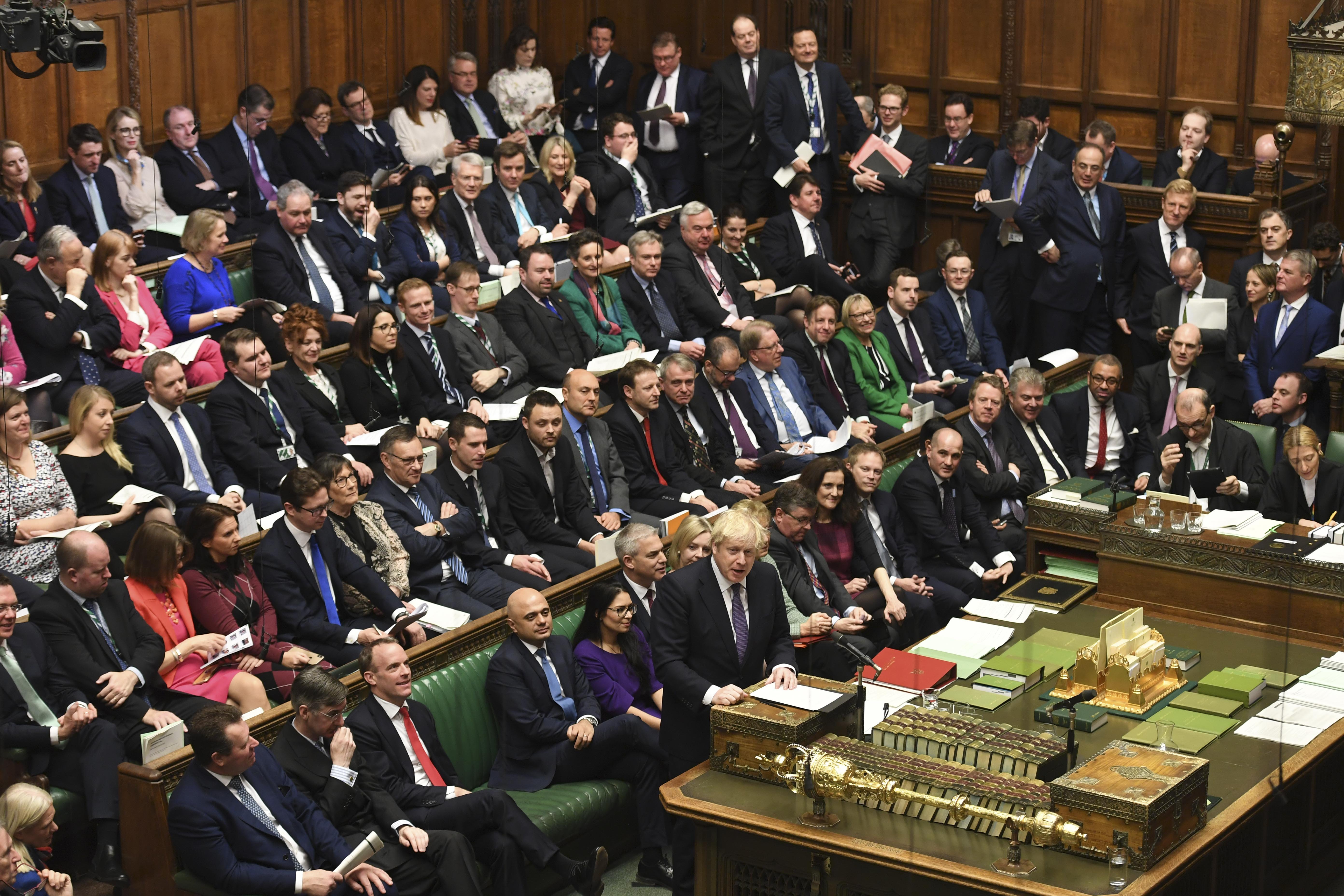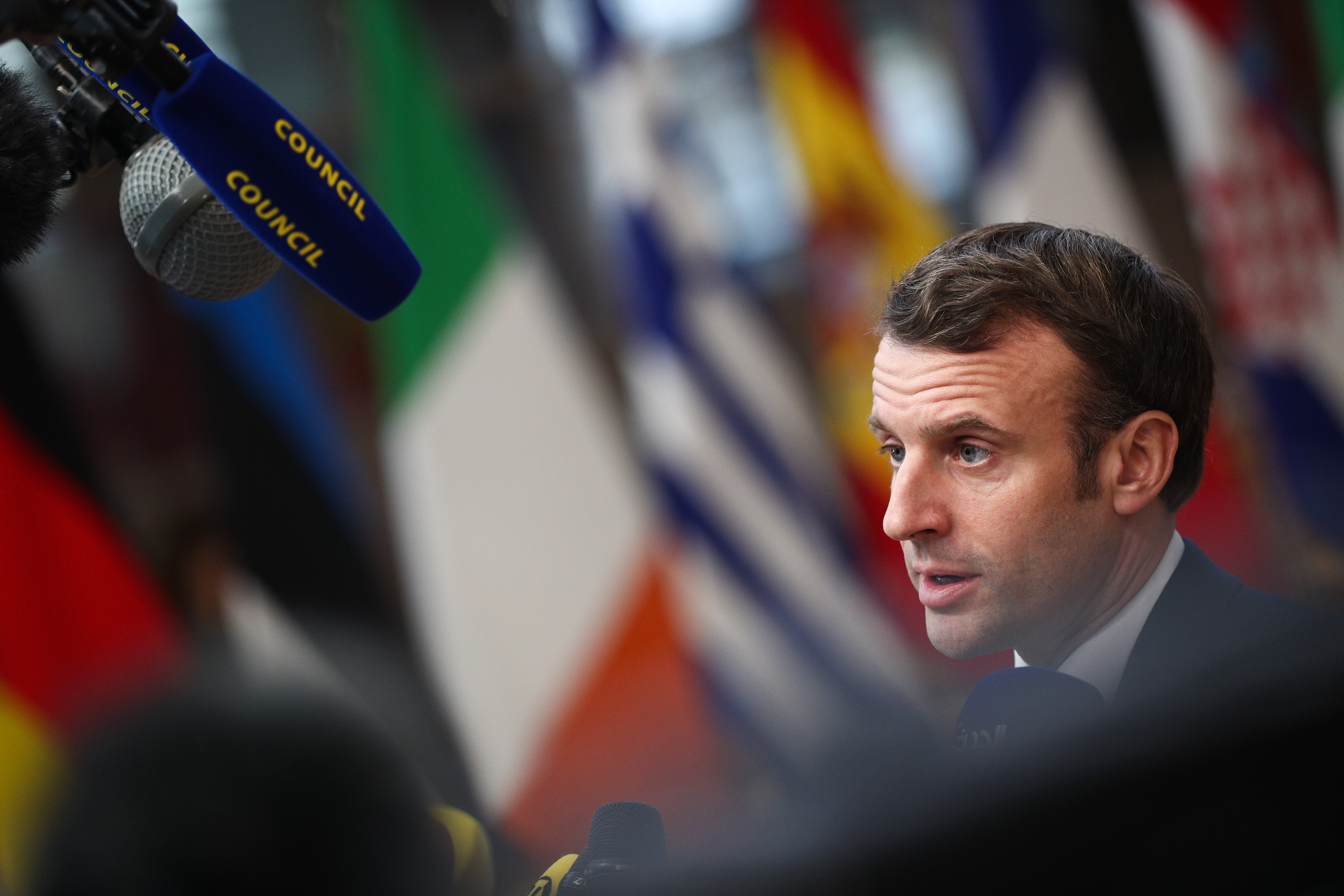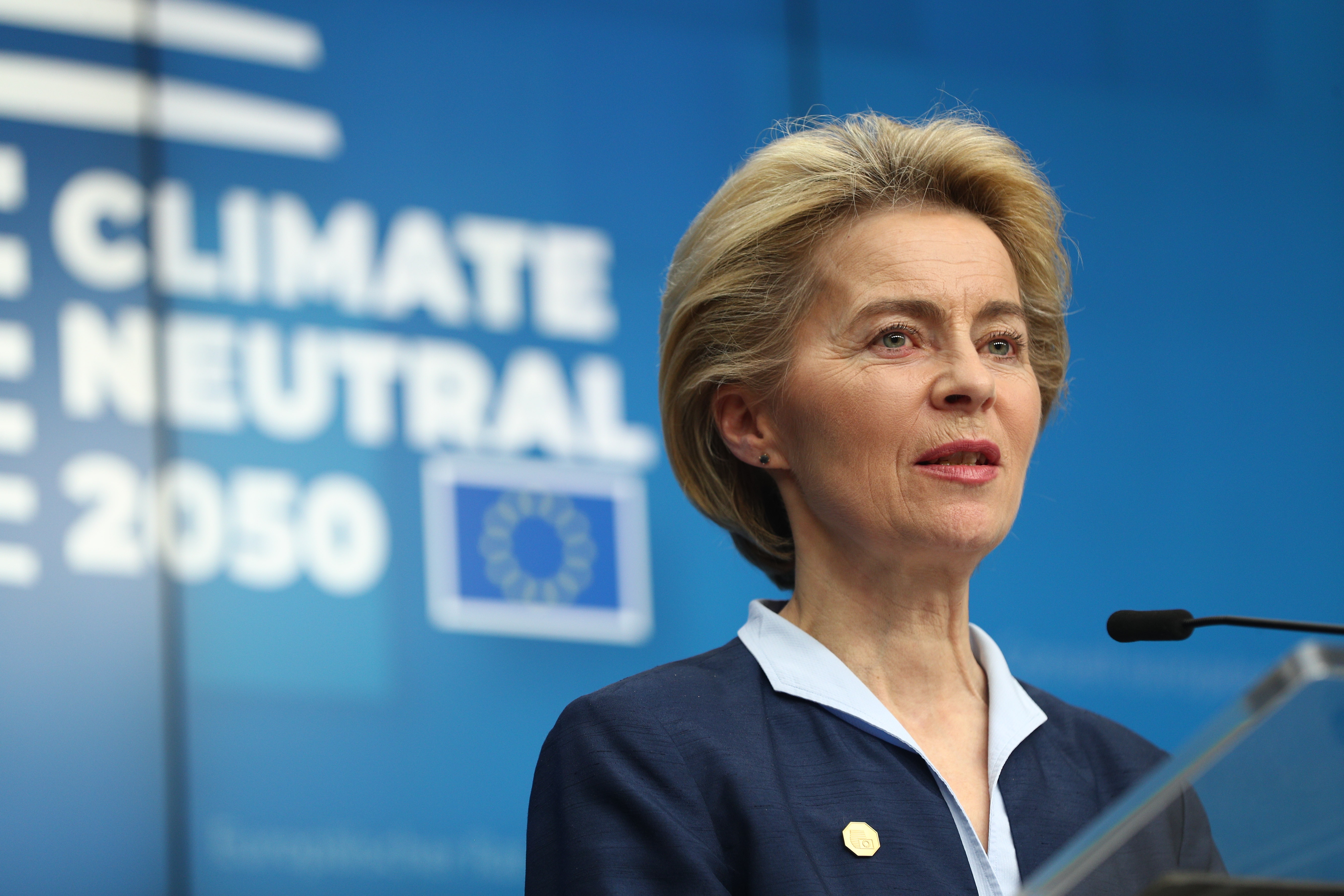Geopolitics and the future of Europe in 2020
- By George N. Tzogopoulos
 0 Comment(s)
0 Comment(s) Print
Print E-mail China.org.cn, December 24, 2019
E-mail China.org.cn, December 24, 2019

The victory of Boris Johnson in the U.K. election will be possibly a determining factor for the future of Europe. After more than three years of political limbo, the U.K. is now approaching its exit from the EU. However, there are still important issues that need to be resolved in the future, including the nature of the U.K.'s practical collaboration with the EU after Brexit, potential Scottish independence and nationalism in Northern Ireland. But Brexit itself will put an end to the different scenarios which had flourished amid the turmoil in British politics.
The 27 EU member-states have shown a remarkable degree of unity after the British referendum of June 2016. They did not allow Brexit to open the proverbial Aeolus bag for other countries to follow suit and leave. In theory, deeper integration should now be expected as far as economic affairs are concerned. However, the absence of the U.K. will certainly be felt in the EU's foreign and defense policy.
The key question now is whether the EU is prepared to take more action in the direction of the creation of a European army. The so-called Permanent Structured Cooperation (PESCO) is only a small step towards this direction as its scope is limited. What deserves perhaps special attention is the European Intervention Initiative (EII) proposed by French President Emmanuel Macron. The EII is independent from the EU and NATO and has attracted the interest of the U.K. In January 2018, London signaled its intent to get involved following a Franco-British summit on defense cooperation.

No doubt, Macron seeks to leave his own mark on European politics with his country taking the lead. A few weeks ago he characterized ΝΑΤΟ as "brain dead," which generated reactions from Chancellor Angela Merkel who has been hesitant to criticize the Alliance and has refrained from envisioning a greater military role for Germany in the world. France and Germany tend to frequently disagree so future European developments will largely depend on how Macron will interact with Merkel. Experience suggests the latter is able to derail some French plans. After Macron was elected, for example, he pushed for an ambitious eurozone reform but failed to overcome obstacles posed by Berlin.
In parallel with French-German relations, a key question is whether Boris Johnson will be interested in seeing his country play an important role in international affairs after years of inertia due to Brexit. The U.K. certainly has the capacity to do so. If this happens, cooperation between Johnson, Macron and Merkel will be critical at the NATO level and beyond. This will also be the case in the relationship between Johnson and U.S. President Donald Trump. But will the U.K. seek closer ties with the leading countries of Europe or will it prefer the American security umbrella?

While the political triumvirate of Germany, France and the U.K. is yet to reveal common or separate priorities among the nations, the new European Commission under President Ursula von der Leyen hopes that the group will be more geopolitical in nature. China, for instance, has been already placed at the center of attention in a period where some European policy-makers rather see it as a rival. In a remarkable speech given at the European Policy Centre in Brussels a few days ago, Chinese State Councilor and Foreign Minister Wang Yi advocated for a positive agenda on green growth, artificial intelligence and trade. The year 2020 will perhaps herald a new era in that regard.
Of course, ongoing discussions about security taking place in the Old Continent cannot but take domestic considerations into account. Macron is currently facing significant challenges while pushing for his pension reform. In the past weeks, France has been paralyzed by demonstrations and strikes. Although the popularity of the French president is higher in comparison to the period of the "Yellow Vests" protests in 2018, his task is still challenging. For her part, Merkel diagnosed that her last years in the Chancellery could spark a serious governmental crisis – should the Social Democratic Party abandon the grand coalition – and that she will need to find a remedy for the anemic growth of the national economy. More importantly, her successor in the leadership of the Christian Democratic Party, Annegret Kramp-Karrenbauer does not enjoy strong support among conservatives and from society at large.
The new year will start with great ambitions for Europe. The challenge for it is to move from abstract ideas to synthesis and implementation.
George N. Tzogopoulos is a columnist with China.org.cn. For more information please visit:
http://www.china.org.cn/opinion/GeorgeNTzogopoulos.htm
Opinion articles reflect the views of their authors, not necessarily those of China.org.cn.
If you would like to contribute, please contact us at opinion@china.org.cn.






Go to Forum >>0 Comment(s)